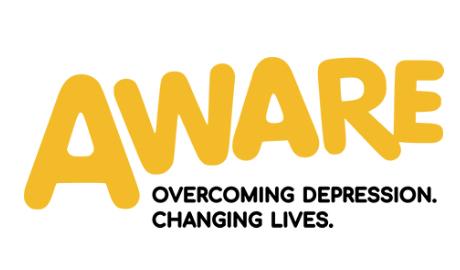Digital Wellbeing: The Stress Of Being Online
Mental HealthIt’s hard to imagine going a whole day in 2022 without using a smartphone or laptop.
The world is online more than ever, with many people using digital means to access shopping, work, banking and social interaction. Social media and messaging apps allow you to connect with the world and make you accessible at all times, but how does this 'always-on' culture affect your mental health?
Smartphones and other digital devices are not inherently bad; however, the way you use them has a tremendous influence on your health and can directly affect how you feel, think, and act.
What is stressful about being online?
Social media anxieties
Do you ever find yourself scrolling through social media and comparing your life to the ones you see online? You're not alone! FOMO, or 'fear of missing out', describes the feeling of worry or anxiety you can feel when you see others on social media living exciting and enjoyable experiences - and comparing it to your own life.
Negativity Online
Although the internet can be a great place to connect with others, it can also be a place of negativity. Activities such as trolling, cyberbullying, cybersecurity, and social competition can impact your mood and stress levels. However, you can take some small practical steps to reduce the harmful aspects of your online experience.
Digital Overload
Smartphone and social media addiction is still a relatively new concept. The idea is that some of us are so tied to our devices and social media that it routinely disrupts our daily lives. Some studies even suggest that spending an excessive amount of time online and on social media is rewiring our brain, affecting our memory, concentration levels, and even how we portray social situations and our self-esteem.
Do you think that you use your phone too much? Asking yourself the following questions might be a good indicator:
- Do you know how much time you spend on your phone? You can usually check your screen time in your settings; the answer may surprise you.
- Do you find yourself restless or agitated when you cannot use social media?
- Do you constantly reach for your phone and check it morning, noon, and night?
- Have you ever tried to reduce your screen time without success?
- Has your phone use ever affected your professional and personal life?
Dealing with some of these digital stressors is unpleasant. If you experience stress frequently, then it can lead to symptoms such as feeling anxious, experiencing low mood, feeling isolated, and high emotional states such as anger and sadness.
If you experience digital stress frequently, you may want to consider changing how you use your smartphone and social media.
Tips for maintaining digital wellbeing
- Figure out what works for you! For some people, being online in the evening is not an issue; for others, it can negatively impact them. Look at your behaviours around technology and how they make you feel – this will give you an overview of where to start!
- It’s important to remember that most people only put the highlights of their life on social media and not the mundane and less-than-glamorous aspects of day-to-day life.
- Set boundaries! If you regularly check your emails outside of working hours or discover that you are on your phone when you are out with friends, putting your phone away can help you ‘switch off’ properly from the digital world.
- Manage your notifications to avoid information overload and getting distracted, and even consider disabling alerts for specific apps.
- If you are affected by negativity online, consider blocking certain users or words from your social media networks. Remember that another user's negativity is their problem and not yours.
- Set timers on your apps! This can limit your screen time and stop you from scrolling aimlessly on social media or checking your device all the time.
- Enable bedtime mode on your smartphone. This will help you lower your smartphone use at night and minimise the blue light which can affect your sleep.
- Take time to switch off your devices completely. This can help you refresh and take your mind off digital life, and take time for yourself. It doesn't need to be drastic; even taking 30 mins off every day has its benefits!












































































































